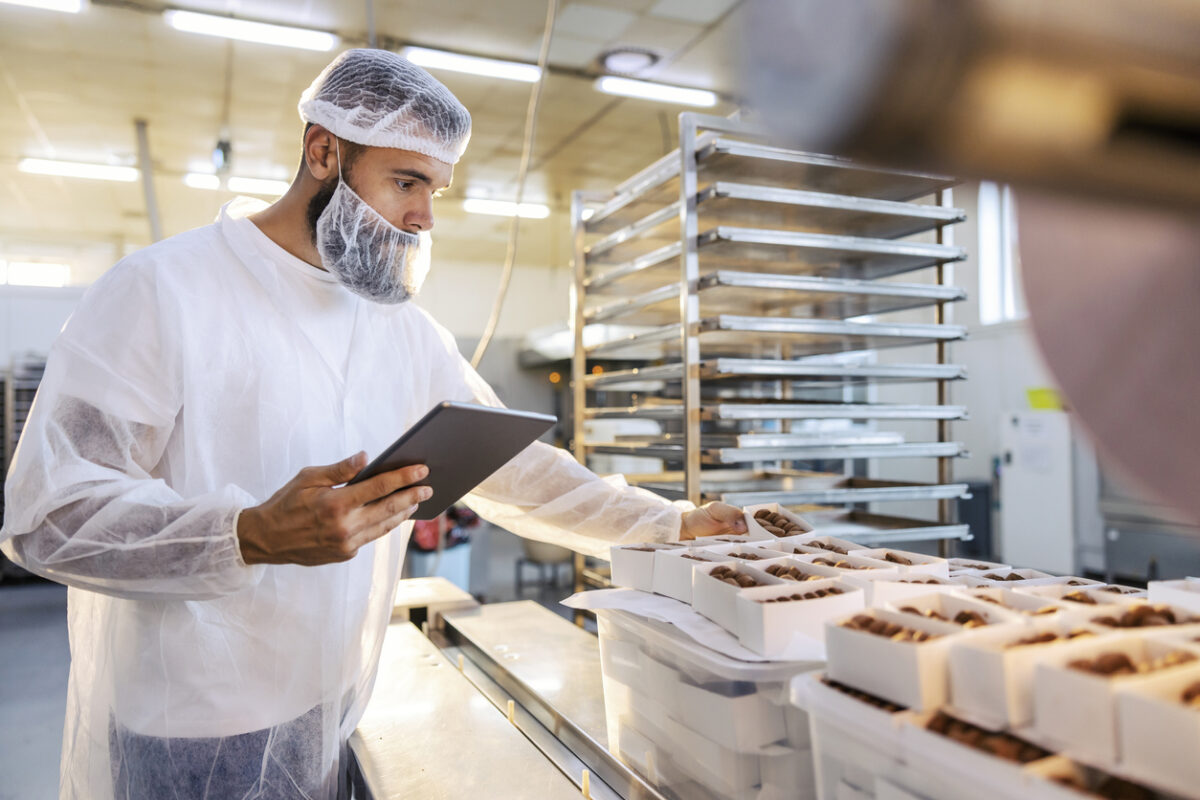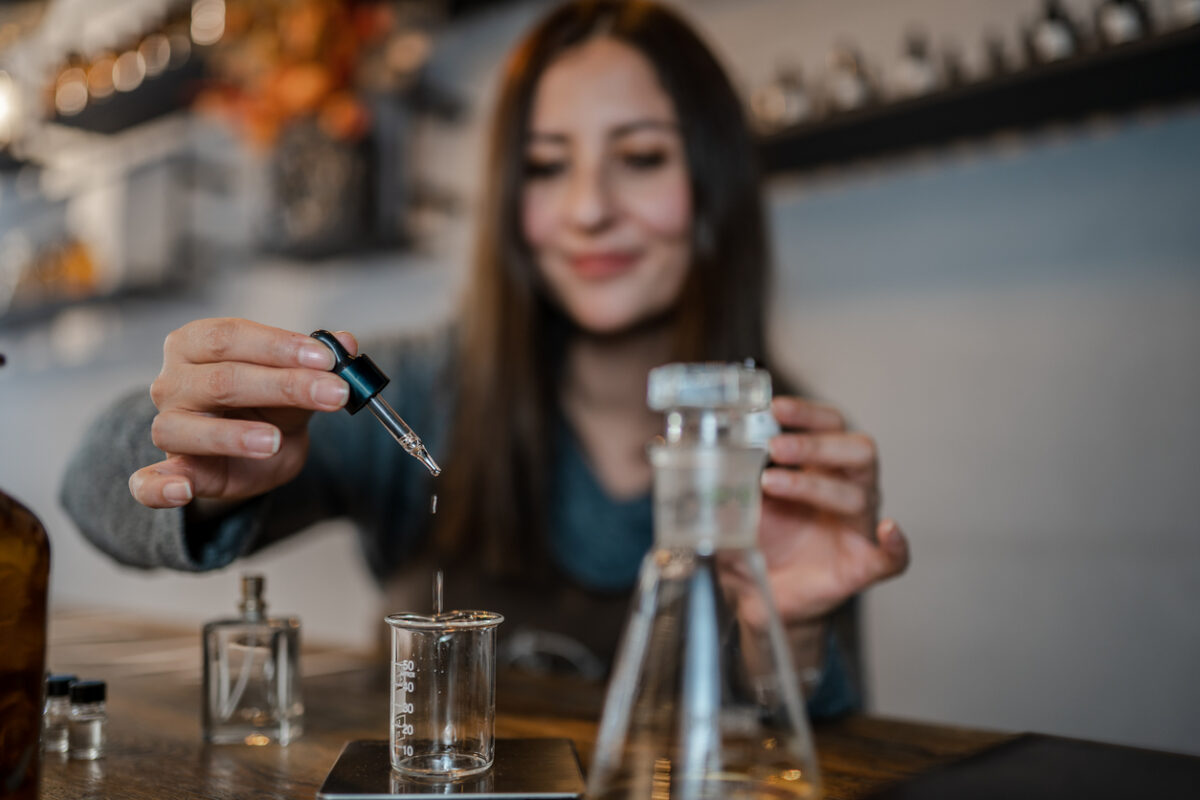Food Jobs: what does a B2B Food and Drink Salesperson do?

A B2B Food and Drink Salesperson is responsible for marketing their company’s products to other manufacturers (or trade clients), helping the business find new opportunities and grow in commercial value. In the food and drink industry, this means working for a food brand that caters to supermarkets, retailers and restaurants, rather than directly to consumers.
As Arnie Sathiy, Head of Business Development and Sales at Mara Seaweed, told Food Matters Live “I think the problem with the image of sales is that people think you’re peddling a good that somebody has to buy because it keeps someone in a job. No, that’s just not the case.”
What are the job responsibilities?
– Building relationships with prospective client companies to bring in new business for your company
– Developing a bespoke sales approach for each product, tailored to individual companies
– Managing a team of salespersons and communicating the marketing strategy effectively (in higher positions)
– Keeping an eye on industry trends and consumer attitudes to stay ahead of the curve when marketing the brand’s products
– Building financial reports and forecasts, meeting sales targets effectively and helping the company grow in value
– Negotiating with suppliers and managers on prices, deliveries and specifications
– Representing their company at B2B and trade exhibitions, delivering presentations and showcasing products to prospective buyers
– Collecting customer feedback on the brand’s products to relay it back to the research and development team
Who might your employers be?
As a B2B salesperson, you’ll likely be working for a fast-moving consumer goods (FMCG) food and drink brand that sells to other businesses. This could mean companies that make ready-to-eat products that retail in supermarkets, or even those that produce raw ingredients for use in restaurants and fast-food chains, for example.
What qualifications do you need?
There’s a wide range of qualifications that can make you suitable for such a role. You don’t necessarily need a food-related degree – courses in business, finance, marketing and management are all highly beneficial.
However, an understanding of the food and drink landscape, along with communication and people skills, is a must, as is the ability to learn about the market quickly – given you’ll be thrown straight into the role with little room to catch up.
Here are a few courses that could help you on this career path:
– BSc Food Marketing and Business Economics at University of Reading
– BSc Nutrition with Food Marketing at Newcastle University
– BSc Business-to-business (B2B) Sales Apprenticeship at Leeds Trinity University
– MSc Food Economics and Marketing at University of Reading
What is the salary like?
Salaries as a B2B salesperson are typically a blend of basic salary, plus role-specific bonuses and commissions. You may also work on a commission-only basis, especially if you’re in a freelance capacity.
According to Prospects, the average starting salary for a general sales executive comes under the £20,000 to £30,000 bracket. With more than three to five years’ experience, you can get up to £40,000 annually. High-level executives can earn a basic remuneration of up to £60,000 per annum and, depending on the company and role, the commissions and/or bonuses can range from £2,000 to £100,000.
Glassdoor, meanwhile, suggests that a B2B sales manager in London earns £67,850 on average per year.
Where will you be working?
Depending on the company size, you could be based in the UK or overseas, while there’s also room for flexibility in terms of hybrid working. Some roles may allow you to work from home for certain days of the week, while some may require you to go into the office every day.
Travel is likely to be a major part of your job, as you’ll visit offices of prospective clients and represent your brand at trade shows globally. A B2B salesperson’s working hours are usually quite long, especially at the end of quarters when the brand needs to meet their financial targets. While not always the case, the constant travel and overnight stays could mean a lot of time away from home.
What’s the career progression like?
While you could start as a junior salesperson or associate, there is a clear line of progression in the role. As you gain more experience, you could step into an account executive position, moving on to marketing manager and sales director roles.
This is a very results-based role, with a high priority on successful sales and meeting targets set by managers. As you move up the ladder, you’ll likely handle more prestigious accounts, while managing a team of people under you. Relocation is quite common, especially when it comes to promotion and/or a higher salary.
If you’re working for a big company, prospects can be international too – with enough experience and time under your belt, you can be a candidate for some of the highest-level jobs a business has.
Is there demand for this role?
The B2B sales industry is highly competitive, as the demand is always high. This year alone, the food and drink industry was forecast to require almost 50,000 new skilled professionals. And with more and more brands expanding their portfolios and sales channels, there’s a growing need for sales representatives that know what buying companies need, and how to sell products to them.









